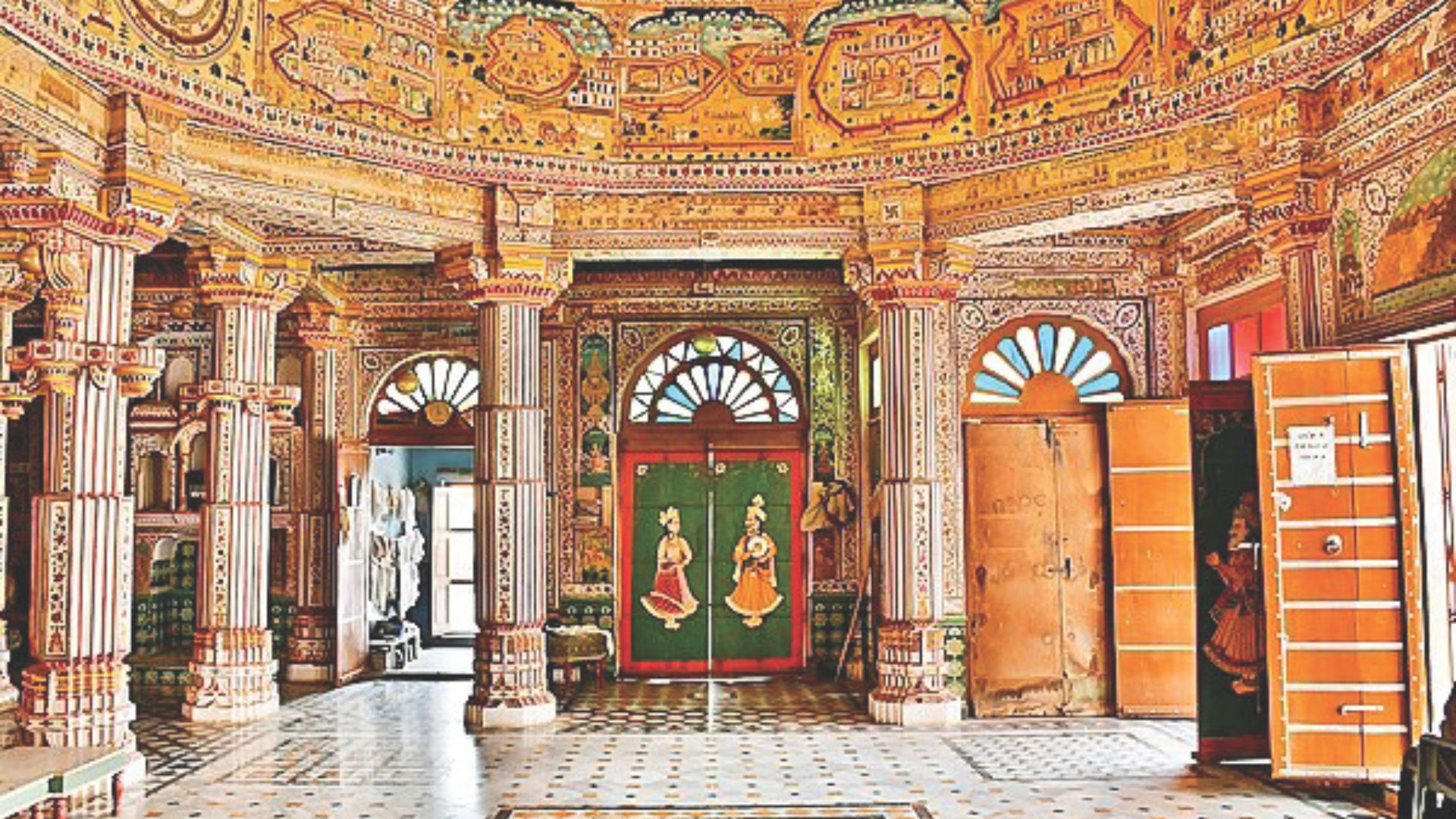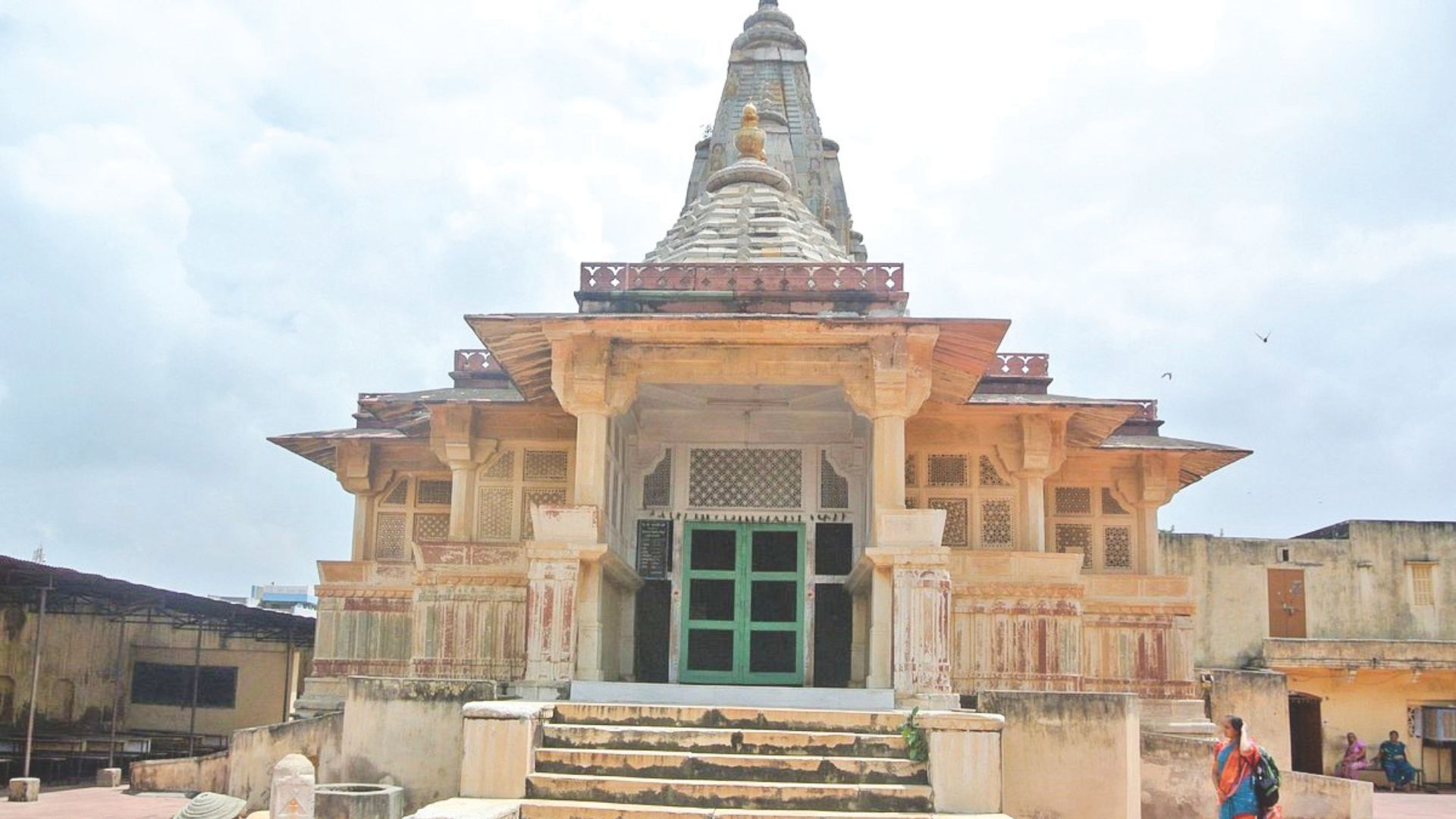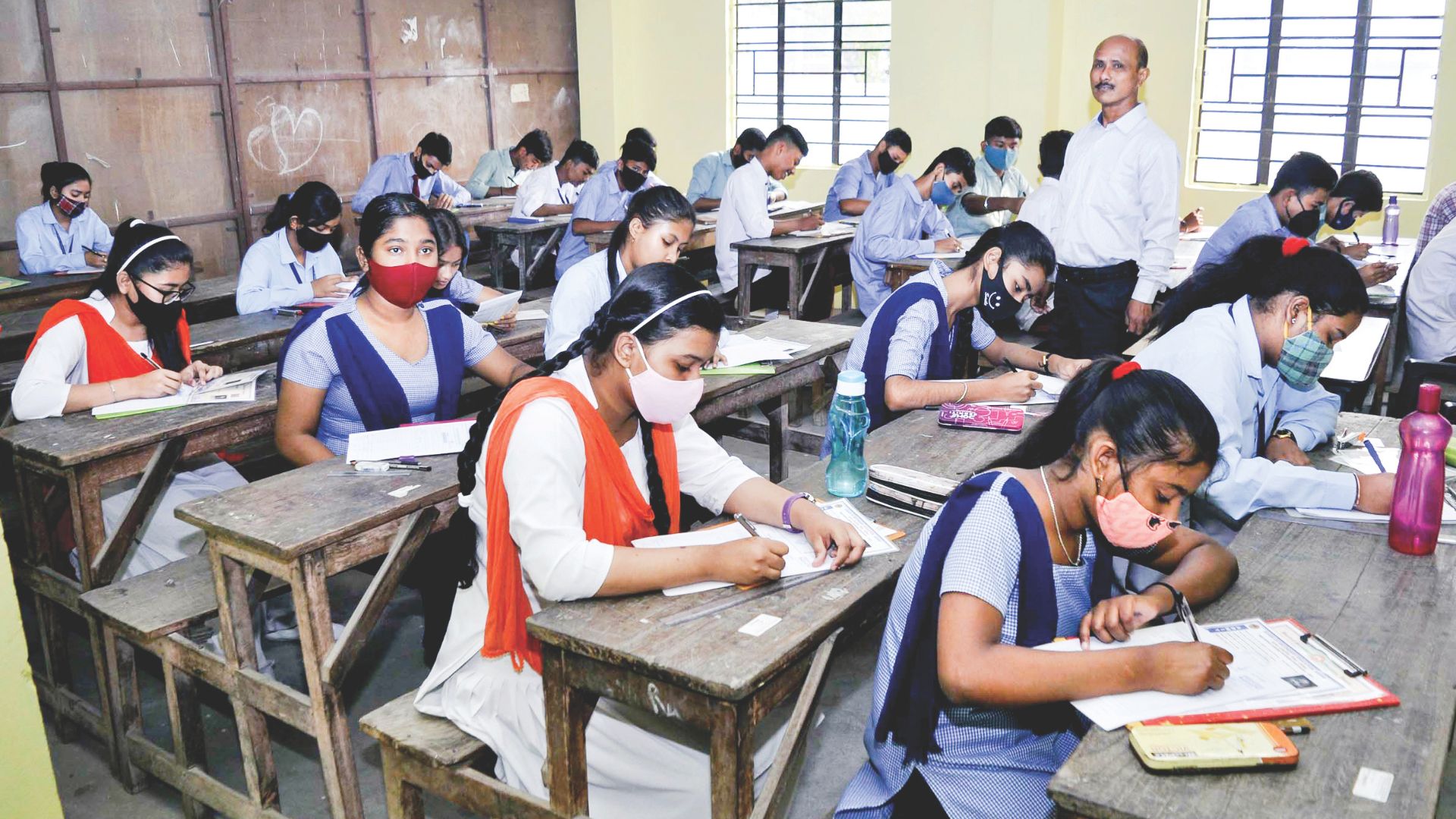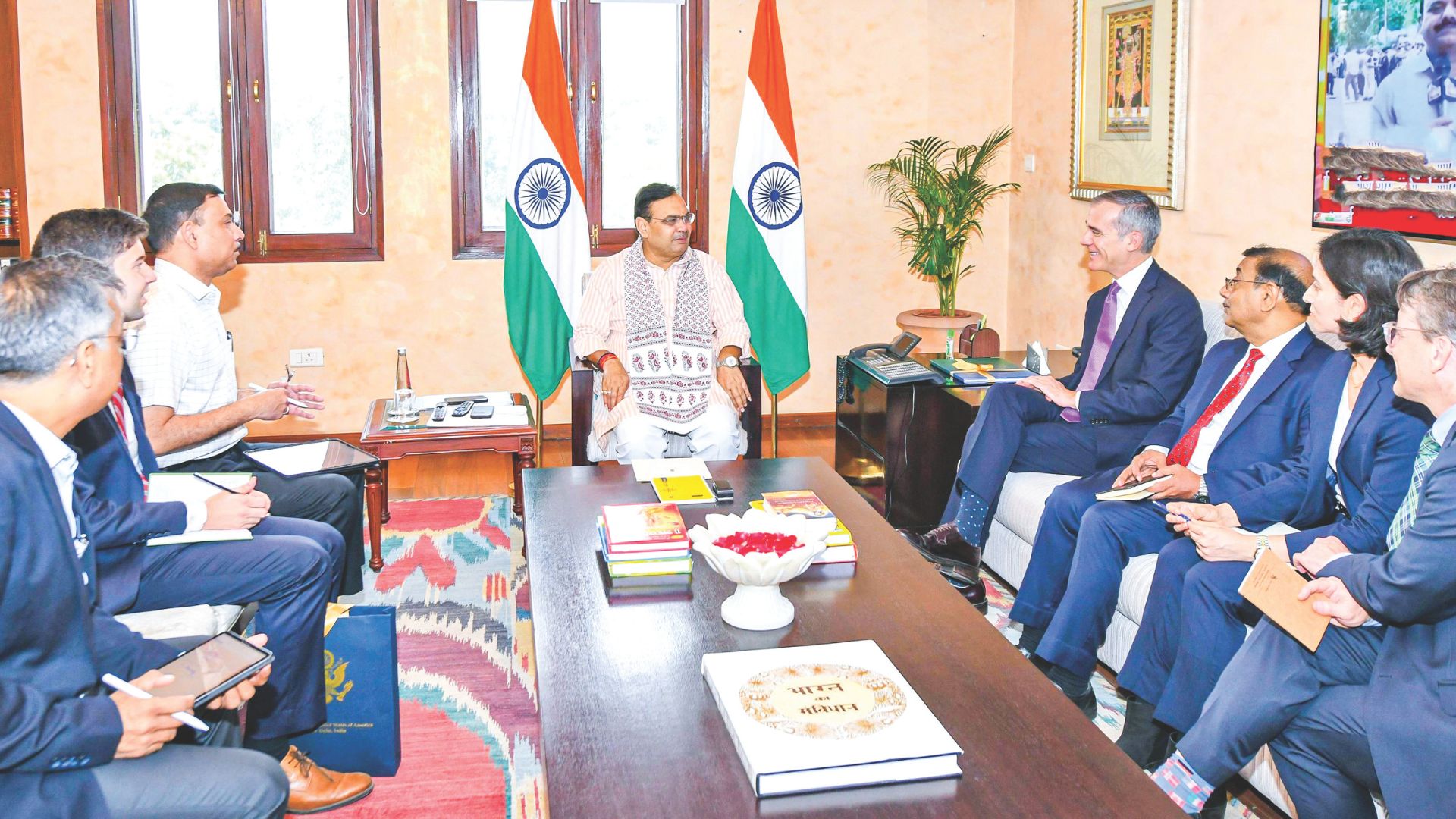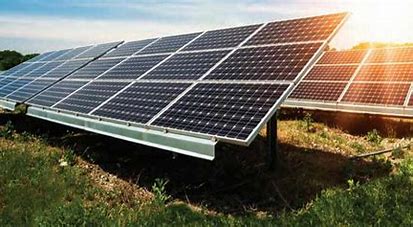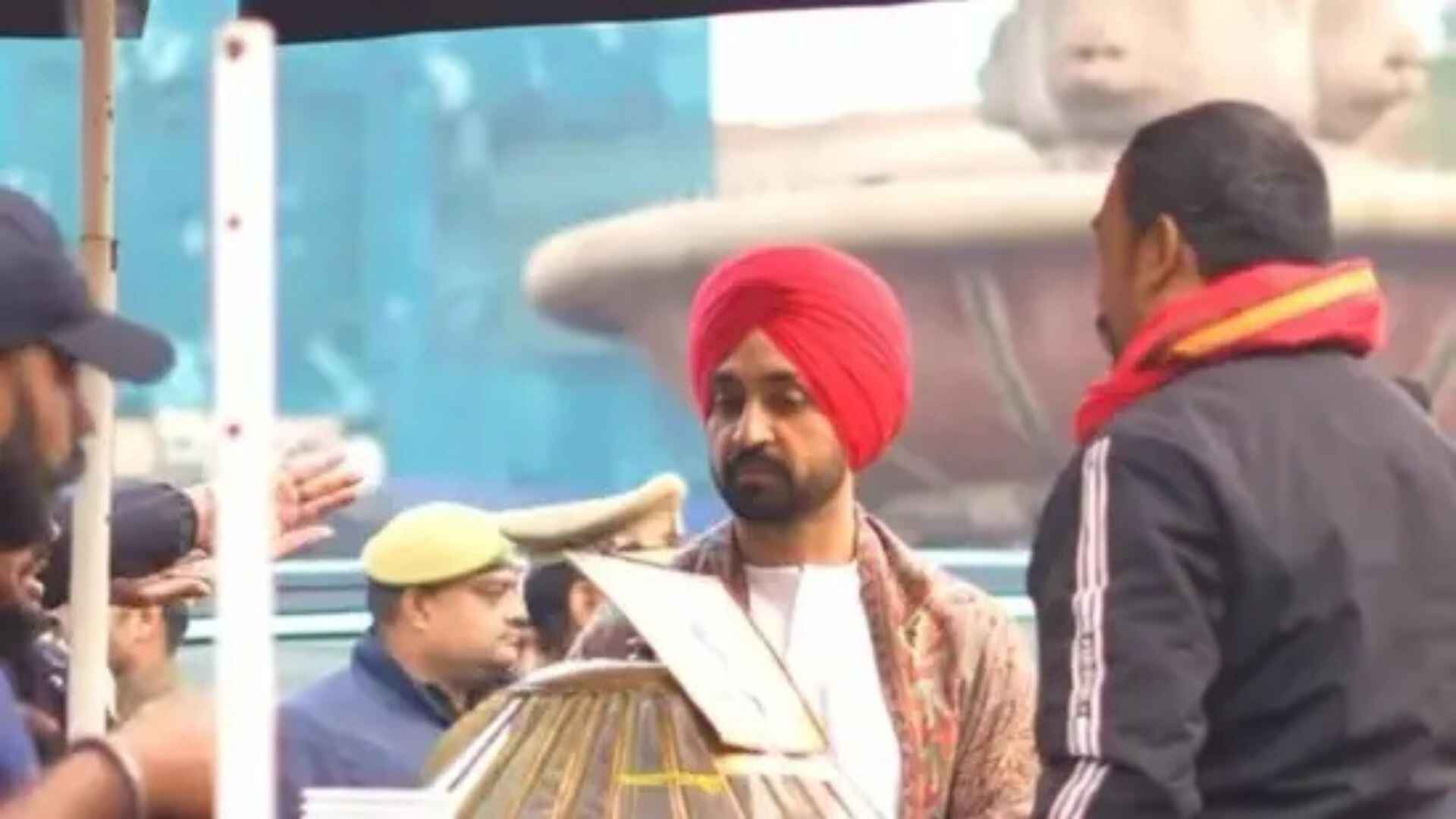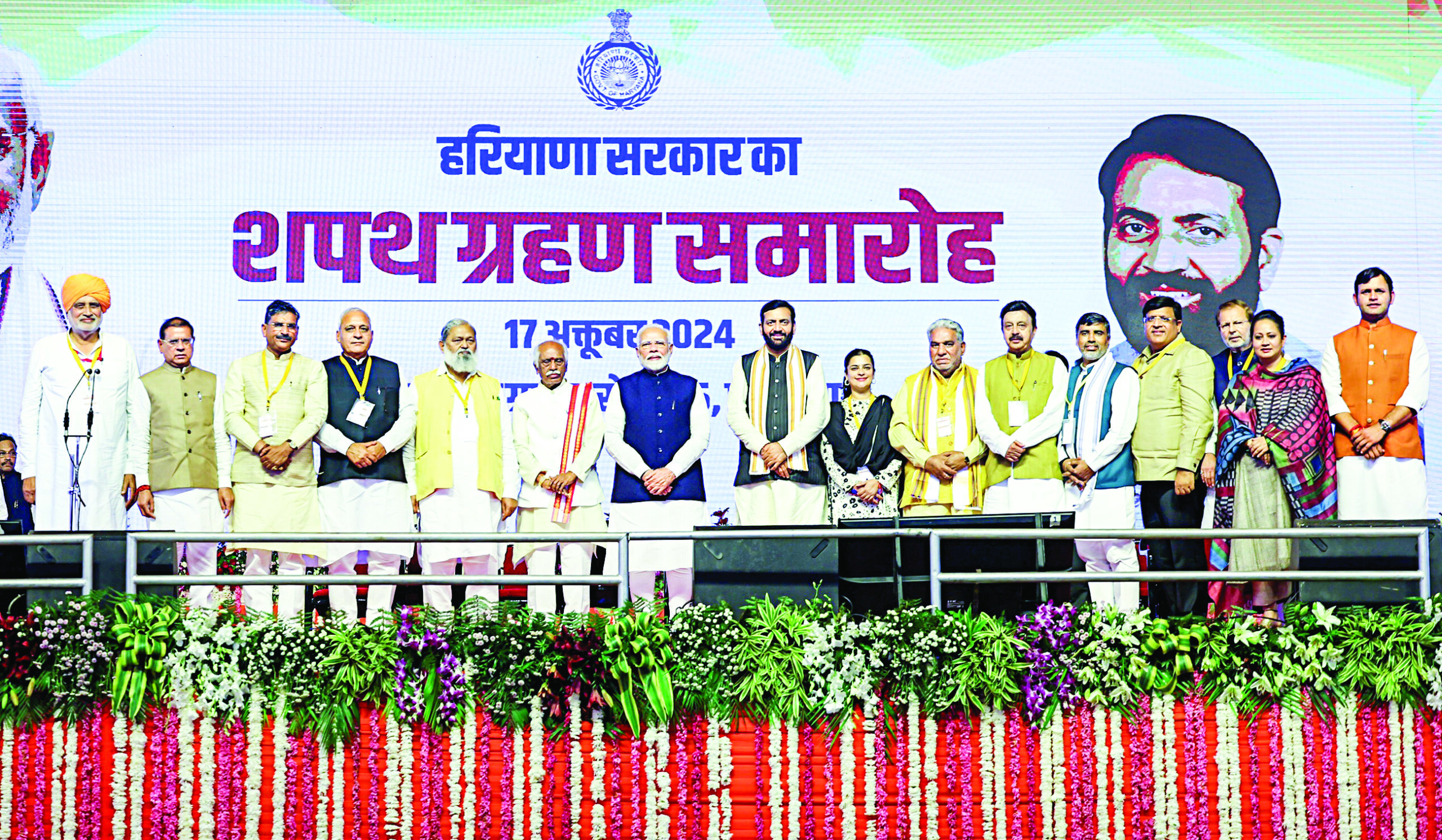
The Haryana victory for the BJP was a reflection of the unanimous voice of the people who were well aware of the great strides the Modi government had made regarding every facet of development, for the people.
The people of Haryana were also aware that PM Modi had set a new benchmark in reforms and governance as never before. There has been a great leap in economic reforms, health care for the people, serving the poor, Nari Shakti, ease of doing business, catapulting a tech-driven India, a great infrastructural turnaround and an overall boost in all sectors. There has been a rapid increase in the construction of highways and rural roads, a massive capacity expansion in the railways and metro rail in the last ten years and ensuring air connectively to innumerable tier 2 and tier 3 cities with the operationalization of 66 airports. Bharatmala and Sagarmala projects were launched for road and coastal infrastructure too and a world logistical network has been initiated.
There has been a great leap in economic reforms, health care for the people, serving the poor, Nari Shakti, ease of doing business, catapulting a tech-driven India, a great infrastructural turnaround and an overall boost in all sectors.
PM Modi has transformed India into a new strong India – strong, secure, prosperous and invincible – an Aatmanirbhar Bharat, a Shashakt Bharat, a Swabhiman Bharat and an Ekatma Bharat. Make in India and Atmanirbhar Bharat have boosted local manufacturing and reduced import dependence and Production Linked Incentive Schemes for 14 key sectors were launched. The Modi Government has built over 116.8 million household toilets, and declared all Indian villages Open Defecation Free. Ayushman Bharat is the world’s largest government funded health care program and provides free health insurance to over 500 million categories. Under the ease of business, PM Modi has brought in the “One Nation One Tax” system unifying the country into a single market through GST. The Insolvency and Bankruptcy Code has been a buoyant step.
Through the PM – Kisan Samman Nidhi, direct income support was given to 110 million farmers. Over 40 million houses were built under the PM Awas Yojana for affordable housing. Tap water connections were part of the Jal Jeevan Mission for all, which provided tap water to nearly 78% of rural households. The Saubhagya Scheme aims at providing 24 X 7 electricity to all. India has the largest food security programme in the world.
For women’s empowerment, Mission Mangalam, supporting women self-help groups, influenced national initiatives like Stand-Up India and expanded Mudra loans.
Start-up India, which fostered a vibrant start-up ecosystem, created over 1.5 million jobs. The PM Jan Dhan Yojana led to opening 533 million bank accounts. The poverty rate in India dropped from 55.1% in 2005 to 16.4% in 2021, lifting 415 million people net of poverty.
PM Modi commented that “India’s pace and scale are unprecedented”. In the first 125 days, “three crore new houses have been approved for the poor, work in infrastructure projects worth 9 lakh crore has begun”, leading to more employment, “15 new Vande Bharat trains have been launched and construction of eight new airports is underway” “Rs. 21000 crores has been directly transferred to the bank accounts of farmers. Additionally, a scheme has been introduced providing free healthcare worth Rs. 5lakh to senior citizens above 70 years of age” PM Modi further observed that “We are dedicated to improving the ease and quality of life for the middle class, small businesses, MSMEs, youth and women. We design our policies keeping their aspirations in mind”.
This is only part of the several great achievements of the Modi government and a clear proof of what the PM has done for the people – a reflection of PM Modi’s maxims of “Sabka Saath, Sabka Vikas, Sabka Vishwas aur Sabka Prayas”, and “Reform, Perform and Transform” because India should be “Ek Bharat Shreshtha Bharat”.
Haryana is, therefore, a true example to follow in Maharashtra and hope for a double engine government, for the benefit of the people.
The author is a former Chairman, Haryana Public Service Commission. His views are personal

